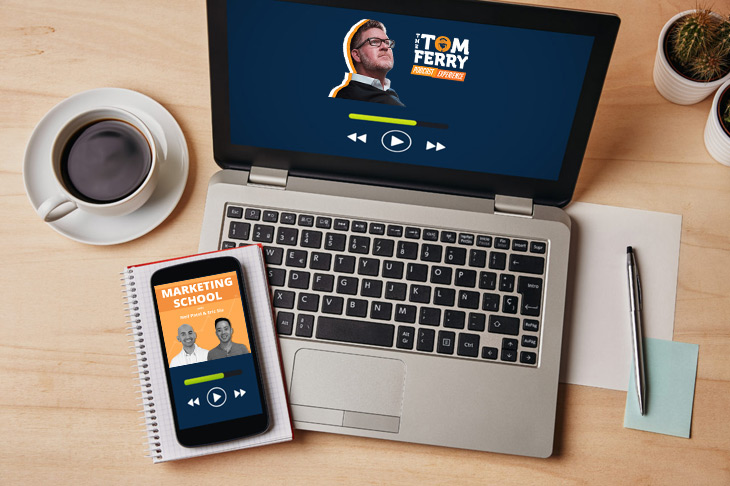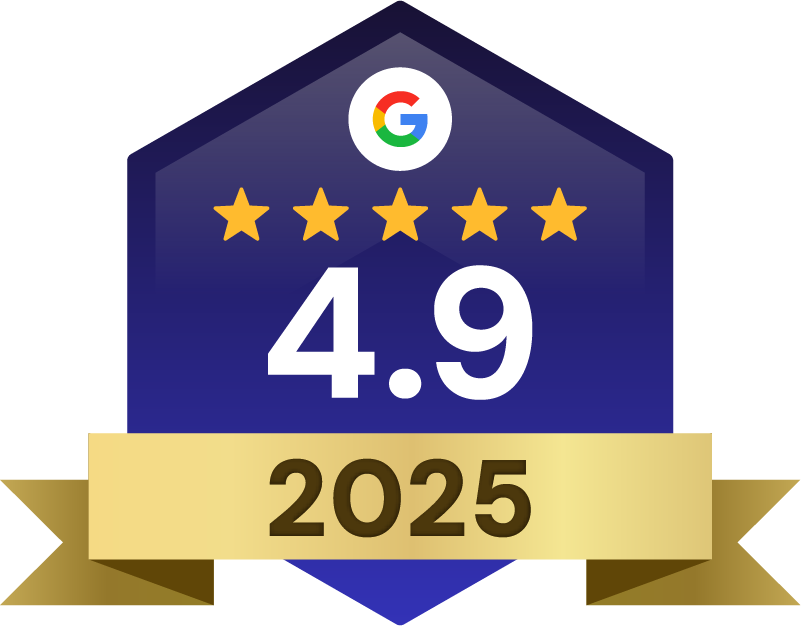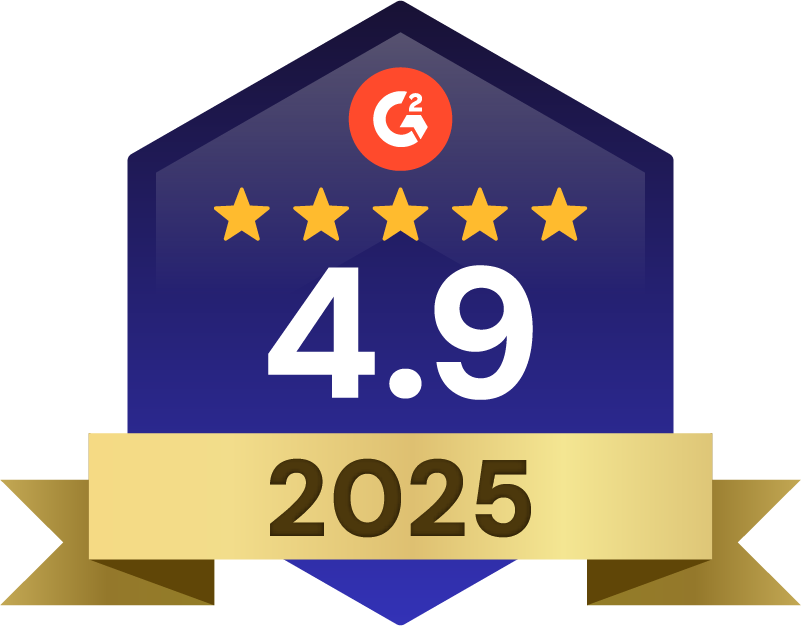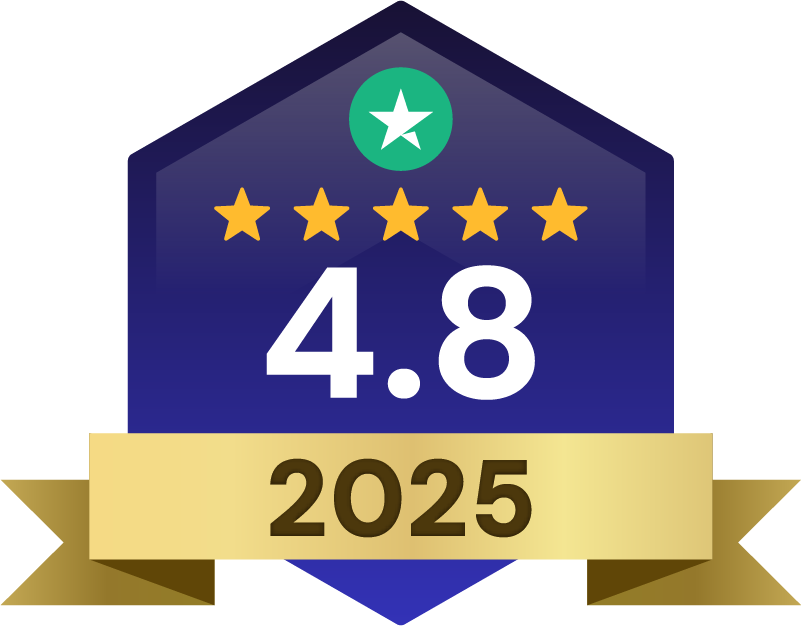We often hear about blockchain's wonders. But how exactly does it work? And how will this technology affect real estate? Find out in today's article.
New Agents
At this point, it’s pretty safe to say that you’ve heard of blockchain and its most well-known implementation, cryptocurrencies. Cryptocurrencies have made the news recently due to the volatility of Bitcoin,
But cryptocurrencies are just the tip of the iceberg when it comes to the potential of blockchain. This technology carries the potential to completely revolutionize the way we do transactions, sign documents, prove ownership, and governments collect taxes.
But is that potential just that, potential? Let’s take a look at how blockchain works, why it has so much potential, and how it can completely revolutionize real estate (and it already is).

What Exactly Is A Blockchain?
While the details behind how blockchain technology works are fairly complex, the big idea behind blockchain is straightforward. In its simplest terms, a blockchain is a secure and efficient way of digitally notarizing data without the need for a central governing body.
It was developed as the solution to a problem that comes with dealing with digital documents:
Since it’s so easy to perfectly copy digital documents, and there are tons of tools available that allow you to edit them, how can we make sure that any particular document is legitimate and has not been tampered in any way?
In order to tackle this very issue, Stuart Haber and W. Scott Stornetta wrote in 1991 an academic paper entitled “How to Time-Stamp a Digital Document,” which was further expanded by a follow up paper called “Improving the Efficiency and Reliability of Digital Time-Stamping.”
These papers propose a way to timestamp digital documents in a way that makes it nearly impossible to backdate or postdate. It does so by combining cryptography, decentralization, and very clever hardware and software architecture.
The ability to securely notarize and authenticate digital documents is just the first step.
But that’s not where the story ends. The ability to safely and reliably authenticate data digitally is a gigantic game-changer.
It makes it possible to secure medical records, tax information, deeds, and even monetary transactions.
What Is A Block In A Blockchain?
A block in a blockchain is a packet of information. This packet contains three main components:
- Useful data
- Its own identification code
- The identification code of the previous block
The useful data that it contains varies from blockchain to blockchain. In the case of Bitcoin, the useful data is a ledger entry that includes transaction information such as buyer, seller, and amount of money exchanged.
In a blockchain made to record real estate deed information, the data might contain the property’s address, tax information, previous owner, new owner, final price tag, etc.
Each block in a blockchain isn’t made up of a single entry. Instead, many entries are packaged together until the block reaches its storage limit. At that point, the block’s identification code, called a ‘hash’, is calculated and stored on the block. This hash is completely unique to the block and never repeats for another block.
The block also records the previous block’s hash, thus forming a chain. By chaining blocks together in this manner, it’s possible to follow entries in a blockchain all the way back to the very first block in the chain, the so-called “genesis block.”
Once a block is created and hashed, it’s very difficult to go back and tamper with any given block. Any attempts to edit any previous block cause the system to recalculate its hash code. As a result, any block that precedes it no longer points to the edited block, and the chain is broken. This break in the chain is very easy to spot and correct (as we will see in just a few moments).
By using cryptography to create hash codes, and chaining blocks in chronological order, you start with a very strong foundation for your blockchain’s security. But it doesn’t end there.
Click the button below to learn more about pricing.
How Is Blockchain Data Stored, And Where?
How can blockchain possibly be secure if there’s no central authority managing it? To answer that, let’s compare how a typical bank manages customers’ banking information vs how Bitcoin handles it.
In a typical bank, a client speaks with a representative and opens up a bank account. The client’s banking information is stored in the bank’s database and network. This database contains information about the client such as account number, real name, address, funds available, etc.
This database also keeps a ledger of every transaction the client makes, including every purchase and every deposit. Where is all of this information stored? In the bank’s servers. These servers may be located in a single location, or in several.
Because the bank has full control over its own servers, it can freeze any customer’s funds, make changes to its system, or to any given client’s ledger. This is often a good thing. If the client is a victim of fraud, the bank can cancel purchases and restore the client’s funds.
On the other hand, since the bank has complete control over its own system of operation, it can place restrictions on when and how its clients can access their own funds.
Bitcoin flips most of these conventions on their head.
First of all, to open a Bitcoin account, you don’t need to speak with a representative. While there are many services online that allow you to open up a Bitcoin account, and may charge a small fee for that service, you can technically create your own Bitcoin account and wallet for free if you know where to look.
Unlike banks, which have complete control over the banking data of each client they serve, Bitcoin uses a decentralized system. In other words, there is no Bitcoin CEO, no Bitcoin elders, nor Bitcoin house of representatives. All the data in Bitcoin’s blockchain is stored in thousands of computers all over the world called “nodes”.
Each of these nodes is owned and maintained by different groups of people. Some of them are individuals, others are organizations. Each of these nodes has a complete copy of the entire Bitcoin blockchain.
Each copy contains every single transaction ever made in Bitcoin. And whenever a new block is created on the blockchain, this new block is sent to every node in the network. This ensures that everyone has the same copy of the same blockchain.
All of these nodes also serve another extremely important service: error correction.
Whenever a new block is created and added to the blockchain, nodes in the Bitcoin network compare each other’s copy of their blockchain to make sure that they are all the same. If any of them have any discrepancies, that discrepancy is flagged, and then corrected.
That way, if any bad actor tries to tamper with any block, all the other nodes will quickly notice which block was compromised, and will immediately spring into action to correct it.
This also means that the more nodes join the network, the more secure it becomes overall.
The entire Bitcoin blockchain is transparent and open for anyone to see. In fact, you can see it right here in real-time.
However, that doesn’t mean that you can see the personal information of each person making a transaction. Each entry on a block only records the amount of money exchanged, and the wallet addresses of the participants of the transaction.

Applications Of Blockchain In Real Estate
While blockchain is the perfect tool for decentralizing the way we do our personal banking, it also has the potential to revolutionize the way we deal with deeds, personal records, investments, etc.
In the case of real estate, the industry is not just about buying a house or renting a space for your store. It’s a trillion-dollar industry that requires paperwork, legalities, permits, payments to several parties, detailed accounting, and many other actions.
All of these documents need to be checked by hand and have not been automated yet. Some need several people to do it, but blockchain could help reduce that labor significantly and efficiently.
The vital areas in real estate that could be automated and/or improve thanks to blockchain are:
1. Titles And Deeds
When you purchase any kind of property, you get a physical deed that proves that you are the owner. This deed needs to be kept safe in your house.
While government offices do keep physical copies, or even digitized copies in their databases, they are still centralized. This means that they can be hacked, deleted, or lost due to human error or negligence.
If titles and deeds were to use blockchain technology, they could be kept in a decentralized ledger with no real need for a paper trail, not direct human input from government employees.
This will also make titles and deeds accessible from anywhere in the world and would make it extremely easy to check ownership records. Additionally, other parties could see it across the world. There would be very little room for error.
Sweden has already adopted the technology for its land registry authority, Lantmäteriet, and Ethereum already shows ownership records.
2. Tokenization
One of the technologies that make blockchain possible is the process of tokenization. It is the process of using an identification symbol (token), so that sensitive data is hidden from the public, but still available for transactions to happen.
The token itself has no value, but it leads to relevant information. In simpler terms, it’s a way to protect your payment details.
A real-world example would be your Paypal account. Once you enter the details of your card, the site creates a token so that third-parties cannot see that information, but can still process transactions. That way, it’s completely safe for you, and you don’t have to enter your card number every time you want to buy something.
In terms of real estate, tokens can be made so that money transfers are handled under specific rules, and give buyers more security and control over where their money goes and how.
Using tokens would also make exchanging assets faster and cheaper, and eliminates the need of using escrows. It will allow the management of dividends, as well as more corporate transactions, to take place in an almost risk-free manner.
3. Investments And Funds
Now, if real estate funds are tokenized, the overhead cost could significantly decrease, and there will be more room for innovative business models.
There would be more liquidity and availability of assets. When it comes to shared properties, tokens can easily handle who has access to them.
4. Sales
With the help of smart contracts (which can already be found on the Ethereum blockchain), the entire buying, selling process could be far quicker and more efficient.
Additionally, everything done in a real estate transaction would have a traceable backup on the ledger. Furthermore, all the transactions and sales fees could be controlled in the same space and catalogs.
5. Accounting
With everything from payments to ownership being listed on the chain, all other paperwork will be much easier. When it comes time for financial statements, balancing accounts, income statements, etc. you might set all that up to be audited in real-time.
This allows individuals, investors, and companies better control of what’s happening with their books. And once again, we have to mention that it reduces human error.
6. Identities
If our identities are recorded through blockchain, it could change our lives in many industries. Basically, a ledger could show what properties you own, as well as other details about it, such as insurance, credits, mortgage payments, etc. These things could be publicly accessible so that you know who you are working with during a transaction.
For example, if you want to buy something from a person you just met, you could – theoretically – see everything regarding that property thanks to this technology.
If you want to know if a new tenant would be suitable for your new apartment building, you could check their credit history, jobs, and possibly more information.
The idea is to bring all this information together in one space to maximize efficiency, security, transparency, and more. Imagine all your essential documents in one spot that could never disappear. It sounds like magic, right?
Conclusion
So, blockchains are records of all kinds of details that could be specified for different kinds of data. With that in mind, it looks like we will see this kind of “magic” sooner than we expect.
Blockchains could potentially be created for our identities. From there, records of everything we have ever done in our lives could be updated. Things no one would be able to erase without some complicated work.
Regarding our investments in Real Estate, we would be up-to-date and up-to-code in a more straightforward manner. Some of us don’t even know what government department to visit if we want a copy of the deed of the house. It could mean no more hiring lawyers or notaries for paperwork.
Technology has made our lives much more comfortable already, but that doesn’t mean that this is it. The possibilities are now endless. Our accounting, purchases, transactions, payments, investing, dealing, negotiating, and accessing could be smarter.
And all industries are taking notice.
This is the future.
Author Info:

Jesús Cedeño
Jesús is a doctor turned cryptocurrency and blockchain enthusiast who loves sharing his thoughts on cryptocoinsociety to help simply crypto in order to make it more accessible to the masses.
If you want to stay up to date on all of our free and valuable content, subscribe to our newsletter. We publish valuable articles and guides such as this one regularly. That way you can constantly improve your marketing skills, and become a more effective real estate marketer.
And if you want to dominate your hyperlocal real estate market, check out AgentFire’s AgentFire Sites, #1 rated for several years in a row.







